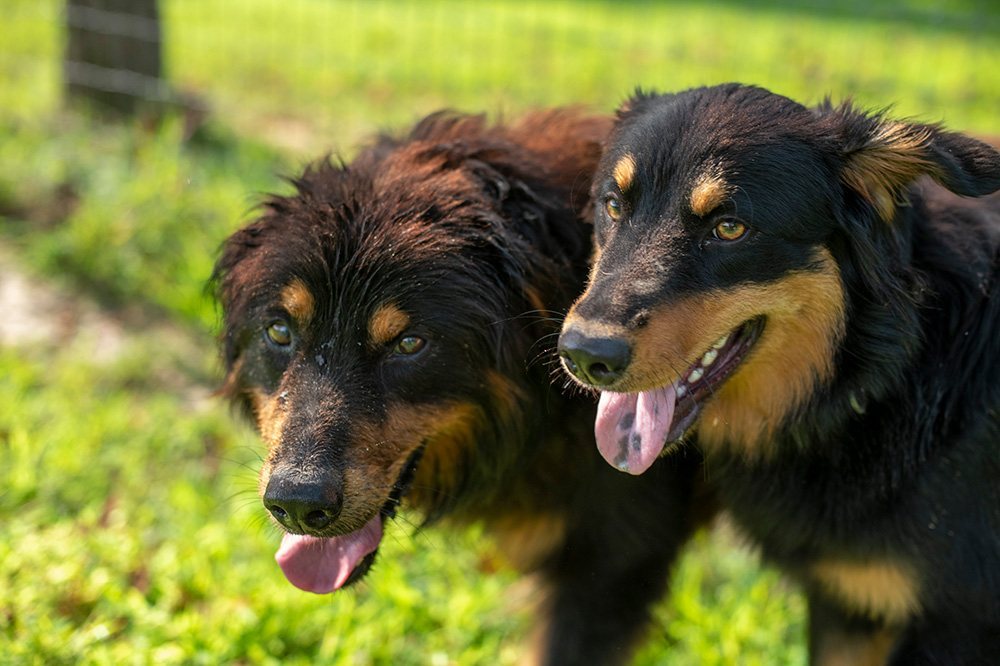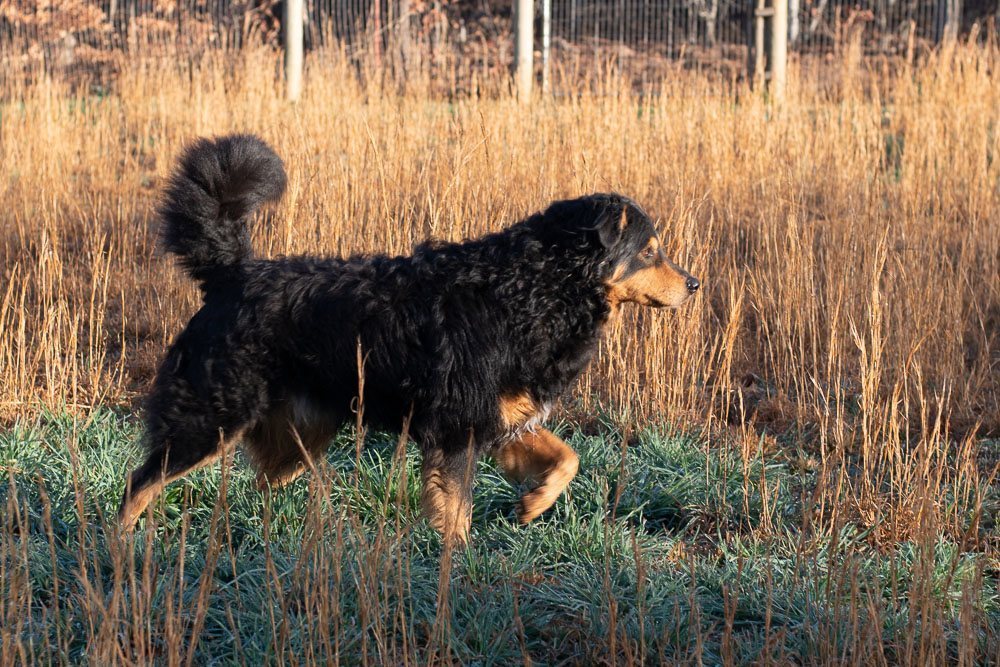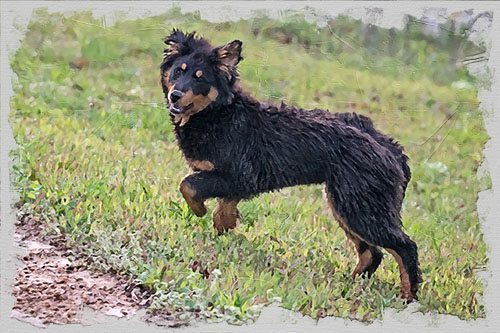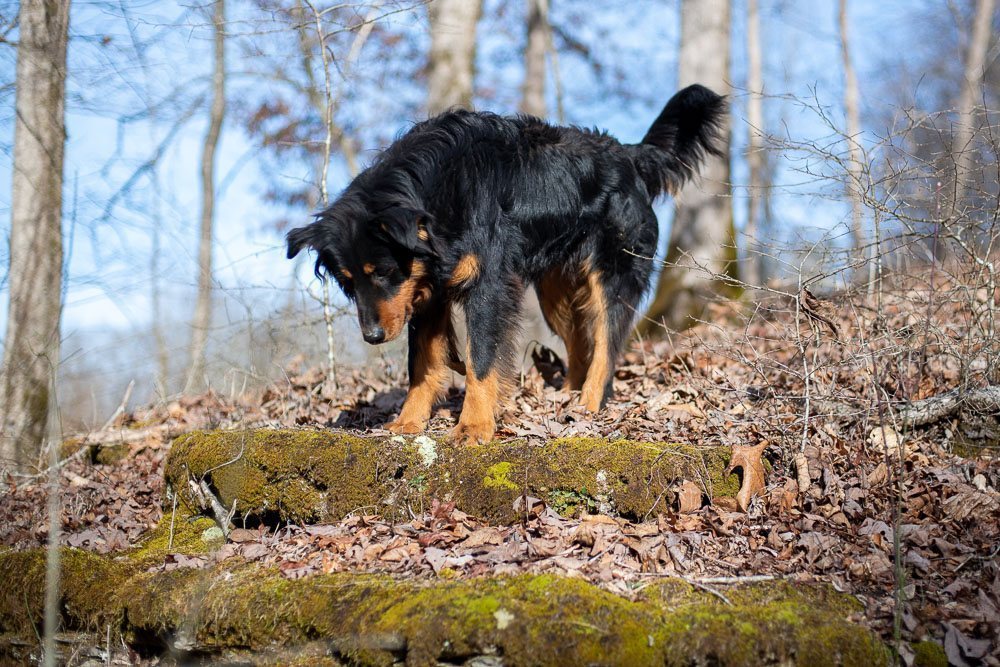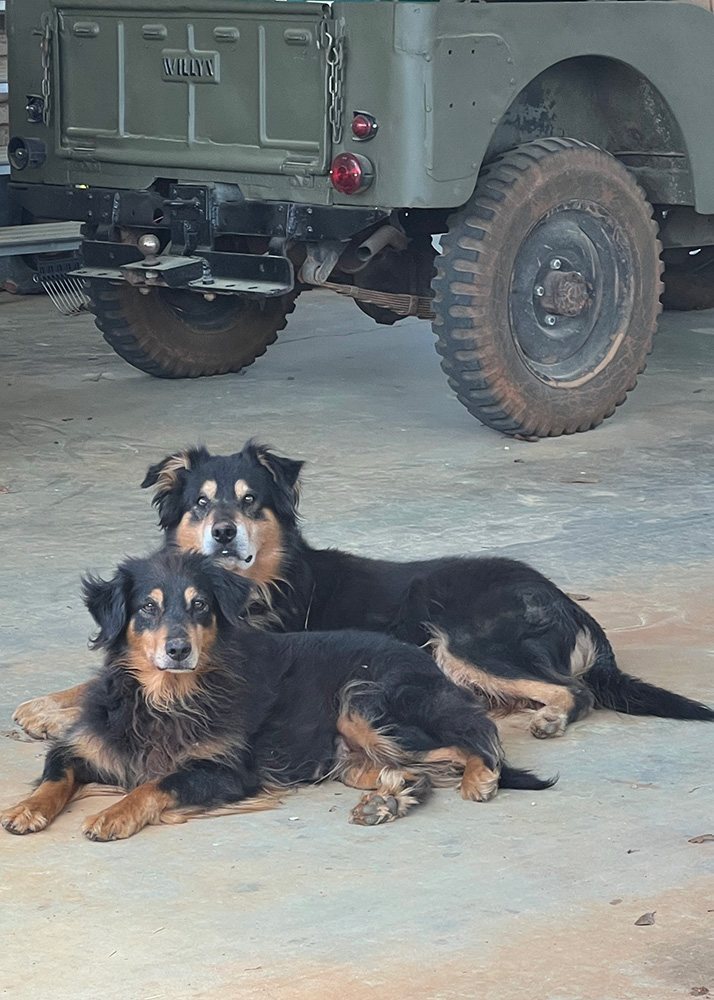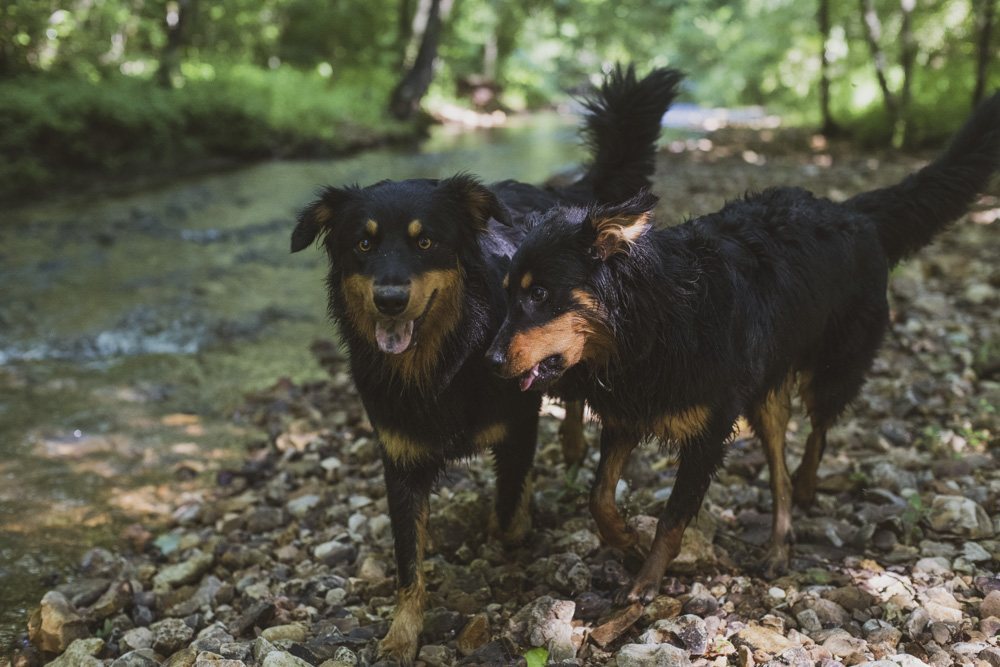Trust and Adaptability in Farm Dogs: Cultivating Essential Traits for Success
An important part of a farm dog’s behavior comes to light during novel, uncommon or high-drive situations. In these situations, I see farm dogs fall broadly into two categories. In the first category are dogs who look to the handler to decide what to do. These dogs begin offering behaviors until the handler gives them … Read more
